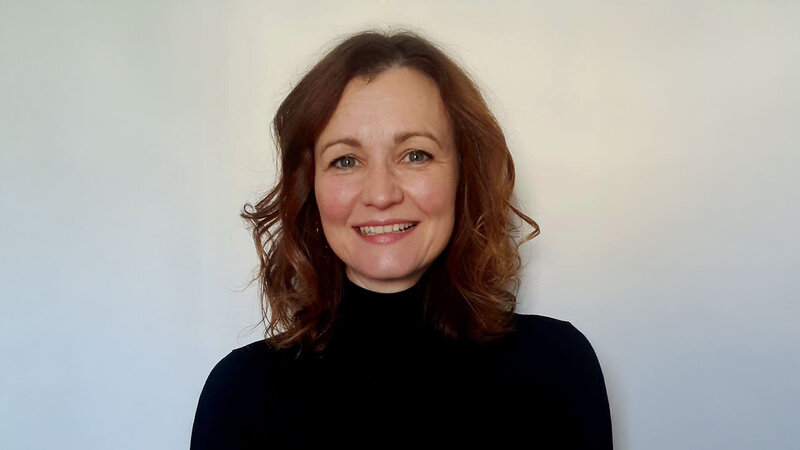You are viewing your 1 free article this month. Login to read more articles.
Call for community libraries to be included in PLR payments
With volunteer-run community libraries on the rise, the Society of Authors (SoA) has called for them to finally be included in the Public Lending Right (PLR) system which entitles writers to payment for book loans.
Under the PLR system, enshrined in a 1979 Act of Parliament, authors and illustrators receive yearly payments on books lent out by public libraries.
Data on loans is collected from an ever-changing representative sample of public libraries across the country which is then used to work out the payments. However, community libraries outside of the statutory service are currently not included in the sample and, despite calls for that to change, the government says there are no plans to extend it.
Community libraries have become a popular choice for cash-strapped local authorities looking to make savings, although the plans are often met with protests from residents. Essex County Council is under pressure from a huge community campaign not to farm a swathe of its facilities out to other organisations, while Ealing Council was also criticised last week over its decision to hand seven libraries to community groups.
Nicola Solomon, c.e.o. of the SoA, said her organisation has been urging ministers and Government officials to enable volunteer-run libraries to collect the data for years, but without success.
She told The Bookseller: “The case for this is even stronger now, as the proportion of professionally staffed libraries decreases significantly and local authorities rely on volunteers to try to fulfil their obligations to provide an efficient and comprehensive library service.”
Solomon explained: “PLR grants libraries an exception to copyright law which allows them to lend books to the public, contingent on paying a fee to the author whenever a book is borrowed. PLR is designed to balance the social need for free public access to books against an author’s right to be remunerated for the use of their work. This principle applies across the board, regardless of how a library is run.
“If data is not collected from volunteer libraries it is impossible to know how many books are being lent and to remunerate authors fairly.
“In September we will be celebrating the 40th anniversary of the introduction of PLR. This provides an opportunity to review the operation of PLR and ensure that it keeps pace with the available technology and changes to the library service.”
The system, funded by up to £6.6m by the Department for Digital, Culture, Media and Sport (DCMS) is run by the British Library. There is a maximum payment for top-lending authors of £6,600. Figures from 2018 showed 22,108 authors benefited from the scheme with a rate per loan of 8.2 pence.
One of those is illustrator and author Alexis Deacon, who sits on the British Library’s PLR advisory committee. He said the system was very useful for writers at a time when authors’ earnings are squeezed but speculated there could be practical difficulties in getting community libraries to collect the data.
He said: “I think there’s a reason why they’re outsourcing to community libraries and that’s because they don’t have to pay professional staff.
“Volunteer staff, in many cases can’t be relied on in the same way to log the data necessary to make PLR function. It just doesn’t match the situation on the ground in many community libraries.”
He added: “The broader the base for PLR, the better for authors but you do have to respect the reality of what the consequences might be.”
The PLR sample uses data from a minimum of 30 library authorities, with seven changing each year and loans data collected from several public library branches in each one. The current sample includes Lewisham, a local authority which farmed out many of its libraries to community groups in 2011.
Julia Eccleshare, head of PLR policy and engagement at the British Library admitted there was no scope for including community libraries “as things stand”, meaning authors could miss out on payments from community libraries across the country.
She said: “The structure of the process for recording loans for PLR is enshrined in PLR legislation and it’s devised to be fair across the country.”
Eccleshare added: “It’s a case of watching this space to see how many more community libraries there are.”
A spokesman for the DCMS said: "The Public Lending Right is applicable to loans made from libraries falling under the statutory control of the relevant local authority. Where a community library is part of the statutory service, or uses the council management system, loans will be eligible for PLR.
"We do not currently have plans to extend PLR to loans from community libraries outside of the statutory service."

















